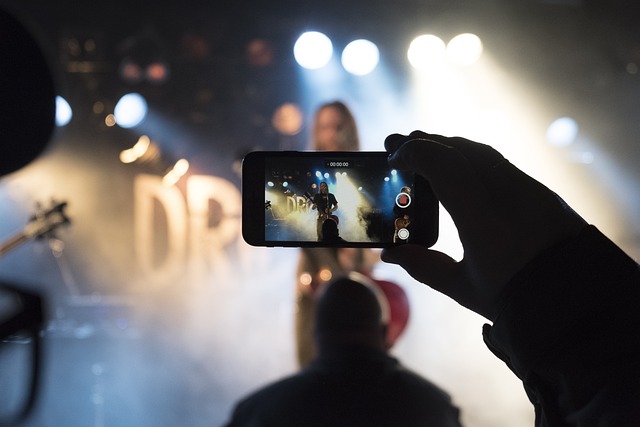Developing community outreach in Charleston, South Carolina, requires understanding the strict legal framework around autodialers to protect consumer privacy. The South Carolina Attorney General's Office provides clear guidance on legal autodialing practices. Community programs can collaborate with local law firms specializing in autodialer regulations, using resources like autodialer lawyers South Carolina and autodialer attorneys South Carolina, to ensure compliance and ethical marketing. Targeted strategies are needed to reach diverse communities, such as low-income neighborhoods or rural areas, through engagement with community leaders, religious organizations, and neighborhood associations. This personalized approach fosters broader participation in resolving autodialer-related concerns.
“Charleston, known for its rich history and vibrant culture, faces unique challenges regarding autodialer regulations. This comprehensive guide navigates the development of a community outreach program to address these issues. From understanding South Carolina’s legal perspective on autodialers to building trust with communities, we explore effective strategies. Learn how to design educational workshops, measure success, and foster long-term impact as an autodialer lawyer or attorney in this dynamic city. Discover the key roles of both autodialer law firms and lawyers in South Carolina.”
Understanding Autodialer Regulations in South Carolina: A Legal Perspective
Understanding the legal landscape surrounding autodialers is a crucial step in developing an effective community outreach program in Charleston, South Carolina. The state has specific regulations governing the use of automated dialing systems to ensure consumer privacy and protect citizens from unwanted marketing calls. As an autodialer lawyer or attorney in South Carolina, it’s essential to stay updated on these laws to guide businesses and organizations effectively.
The South Carolina Attorney General’s Office provides clear guidelines on what constitutes legal and illegal autodialing practices. This includes obtaining proper consent for automated calls, respecting do-not-call requests, and ensuring accurate and transparent marketing messages. By partnering with local law firms specializing in autodialer regulations, community outreach programs can educate businesses on their rights and responsibilities, fostering a compliant and ethical business environment.
Identifying Target Communities for Outreach: Charleston's Unique Challenges
Identifying target communities is a crucial step in developing an effective community outreach program for autodialer issues in Charleston. The city’s diverse demographics and unique challenges require tailored strategies to reach those most affected by autodialer-related matters. For instance, low-income neighborhoods might face barriers in accessing legal aid, while rural areas could have limited internet connectivity, impacting their ability to stay informed about consumer rights regarding autodialers.
Charleston’s rich history also plays a part, with certain communities having specific cultural needs and preferences for communication methods. Engaging with local community leaders, religious organizations, and neighborhood associations can help pinpoint these groups and facilitate more personalized outreach efforts. By understanding the unique challenges and preferences of each community, an autodialer law firm in South Carolina can design targeted initiatives that resonate with residents, ensuring broader participation and a more inclusive approach to resolving autodialer-related concerns.
Building Community Trust: Strategies for Effective Communication
Building trust within a community is a fundamental aspect of successful outreach, especially when addressing sensitive legal matters like autodialer issues. An autodialer lawyer in South Carolina should employ strategic communication techniques to connect with residents and gain their confidence. Transparency and open dialogue are key; hosting informational sessions or town hall meetings can help educate the public about autodialer-related laws and rights. Engaging directly with community leaders and organizations can also foster trust, as these individuals often serve as trusted sources of information. Utilizing social media platforms to share updates, answer FAQs, and provide valuable resources is another effective way to build trust and reach a wider audience.
Effective communication should be tailored to the specific needs and concerns of Charleston residents. A South Carolina autodialer attorney can differentiate their approach by segmenting the community and personalizing messages accordingly. For instance, engaging with local business owners might focus on how autodialer regulations impact their marketing strategies, while communicating with residents could highlight the legal protections available to them. Building trust through genuine interactions will encourage community members to seek legal assistance when needed and promote a stronger relationship between the legal community and Charlestonians.






